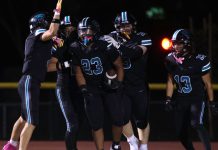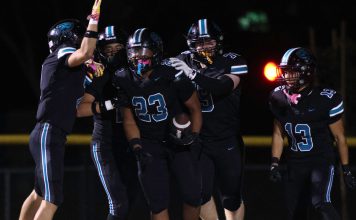When I first arrived in Iraq I didn’t know what to expect only
two months after the first US troops entered Iraq, hot on the heals
of the invasion force.
When I first arrived in Iraq I didn’t know what to expect only two months after the first US troops entered Iraq, hot on the heals of the invasion force.
Of course, we expected to enter a very hostile environment where every local was considered a possible threat, but just how hostile we didn’t know.
We didn’t know whether to expect dirty looks and profane gestures, or bullets and Rocket Proplled Grenades.
I still remember when we drove across the border into Iraq. We had stopped to refuel at a small base just south of the Iraq border and we were ordered to keep our windows up because the local children were in the habit of pelting passing hum-vees with rocks. It was then that I knew that we were entering unfriendly territory and all bets were off once we crossed that border. If the young kids were hurling stones what would their parents be throwing at us?
After our first few months here I realized that even though some of the people didn’t like our presence in their country, they understood that we did it to free them from a vicious dictator. While we conducted convoy escorts in the southern portion of the country our interactions with the locals were pleasant. Most of our contact was with men and young children on the roadside who were selling soda, cigarettes or souvenirs of the old regime. We never really worried too much about them because it seemed that they were more interested in our money rather than killing us.
At times, it was fun talking with the locals who knew English, even if it only was a few words. The children would gather around the hum-vee and ask our names, ages, if we were married, etc. Some of the kids would point at pieces of equipment that we carried on our persons and ask if they could have it. They didn’t care if it was a pen, sunglasses, handcuffs or a grenade.
After we were transferred up to Balad (about 20 minutes north of Baghdad) in November, we saw just how much some if the Iraqis didn’t like us. It was up here in the Baghdad area that our convoys were first hit with IEDs (improvised explosive devices). Luckily our first few incidents never resulted in any casualties or damage to our trucks. After a short while though, we knew that some of the Iraqi people didn’t want us around, and were capable of causing us serious problems.
It was after our first ambush or two that we changed our tactics to ensure that our convoys were better prepared for ambushes.
We were suspicious of everybody we saw, and everything on the side of the road. We had been hit with IEDs made out of artillery shells cast into concrete blocks and wired to a remote control trigger, but these were not the only weapons in the insurgents’ arsenal. These explosives were most difficult to spot because they looked like part of the curb up until the moment they were detonated and sent hundred of concrete pieces flying across the road and slamming into the side of a hum-vee or tanker truck that was part of the convoy. The shrapnel would usually just dimple an armored hum-vee like a golf ball, but it would turn a tractor-trailer into Swiss cheese. Most of the time the damage to vehicles was minimal and there were usually no casualties – most of the time.
During my time here my attitude toward the Iraqi people has done a complete 180-degree turn. When I first arrived I thought that we would be helping the people rebuild their country, but now I think that they do not want our help. They seem content killing each other over their religious beliefs and living in poor conditions, as well as taking pot-shots at military convoys.












